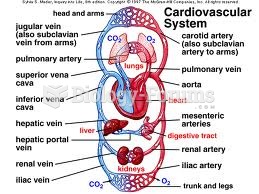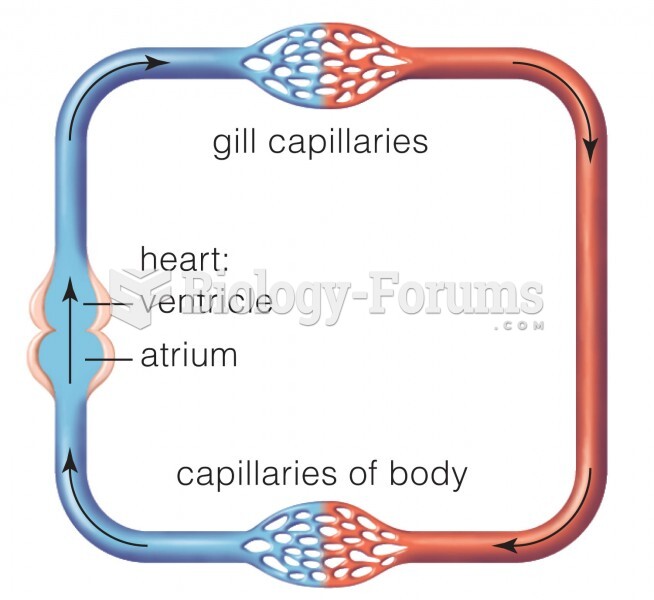Answer to Question 1
Correct Answer: 1
Rationale 1: Sympathomimetics, or adrenergic agents, have actions similar to activation of the sympathetic nervous system. They will produce responses characteristic of the fight-or-flight response (accelerated heart rate, palpitations, constricted blood vessels, and raised blood pressure).
Rationale 2: Adrenergic blockers and parasympathomimetic s are associated with the rest-and-digest response (slowed heart rate, decreased blood pressure, increased intestinal and gland activity, and relaxed sphincter muscles).
Rationale 3: Histamines contribute to an inflammatory response and constrict smooth muscle.
Rationale 4: Adrenergic blockers and parasympathomimetic s are associated with the rest-and-digest response (slowed heart rate, decreased blood pressure, increased intestinal and gland activity, and relaxed sphincter muscles).
Global Rationale: Sympathomimetics, or adrenergic agents, have actions similar to activation of the sympathetic nervous system. They will produce responses characteristic of the fight-or-flight response (accelerated heart rate, palpitations, constricted blood vessels, and raised blood pressure). Adrenergic blockers and parasympathomimetic s are associated with the rest-and-digest response (slowed heart rate, decreased blood pressure, increased intestinal and gland activity, and relaxed sphincter muscles). Histamines contribute to an inflammatory response and constrict smooth muscle. Adrenergic blockers and parasympathomimetic s are associated with the rest-and-digest response (slowed heart rate, decreased blood pressure, increased intestinal and gland activity, and relaxed sphincter muscles).
Answer to Question 2
Correct Answer: 1, 2
Rationale 1: Parasympathomimetic s stimulate the parasympathetic nervous system.
Rationale 2: Cholinergic agents stimulate the parasympathetic nervous system.
Rationale 3: Adrenergic agents stimulate the sympathetic nervous system.
Rationale 4: Sympathomimetics stimulate the sympathetic nervous system.
Rationale 5: Sympathomimetics stimulate the sympathetic nervous system.
Global Rationale: Parasympathomimetic s stimulate the parasympathetic nervous system. Cholinergic agents stimulate the parasympathetic nervous system. Adrenergic agents, sympathomimetics, and anticholinergic agents stimulate the sympathetic nervous system.







